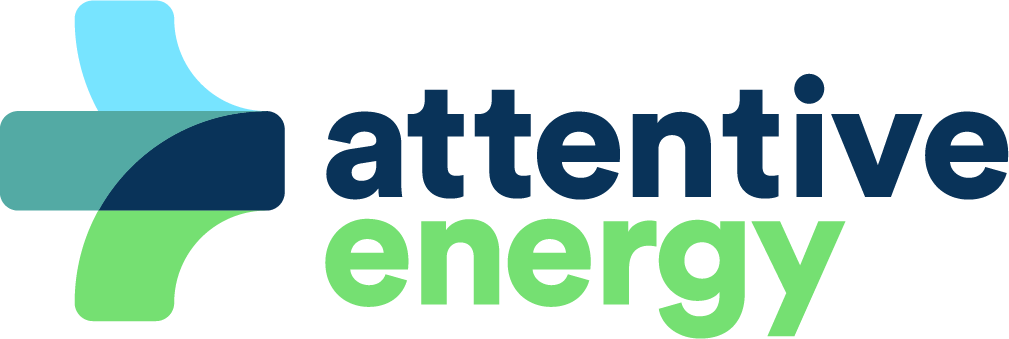Free and open access to ocean fisheries data is imperative. As ocean development expands, informed science is more critical than ever. For data to inform decision-making, it must be findable, accessible, interoperable, and reusable, also known as FAIR. ROSA’s Data Governance Program is providing guidance for data on fisheries, offshore wind, and ocean development in support of future regional assessments.
Why a Data Governance Program?
The Responsible Offshore Science Alliance (ROSA) has built a Data Governance Program focused on offshore fisheries data that is supporting data sharing with consistent policies, processes, standards, and workflows across the data ecosystem. We are creating the next generation of fisheries data management: an integrated approach to data governance and the development of a framework that strives for marine biodiversity and nature-based solutions for fisheries. Our focus on coordinated, transparent research to inform decision-making is critical in the face of expanding ocean uses connected to the blue economy and the impacts of climate change.
ROSA Data Governance Committee
To advance the Data Governance Program and to address the many issues surrounding data, ROSA has formed a Data Governance Committee. The ROSA Data Governance Committee:
- identifies policy and process needs related to standardized data collection, documentation, storage, and reuse of data on fisheries and offshore wind energy development.
- collaborates and coordinates with other organizations and agencies, and the broader research and management community, to facilitate knowledge sharing and avoid duplication of efforts.
- provides advice and recommendations for ROSA staff and leadership.
ROSA’s Data Governance Committee member’s participation supports the validity and importance of the Program’s impact. The qualities or experience of the Data Governance Committee members include professionals working in both the private and public sectors of:
- Subject matter expertise (e.g. a variety of data collection methods)
- Database management
- Data analysis
- Data access and reuse
- Ongoing and pending fisheries and offshore wind research
- Data licensing and sharing (including contracts)
Data Governance Resources
Plans, Reports, and Policies
- Darwin Core 101 Resource
- Data Management and Sharing Plan for ROSA funded projects
- ROSA Data Policy
- Report and Recommendations on Fisheries Resource Data Production, Storage, and Accessibility
Data Governance Program Meeting Materials
- ROSA Data Governance Briefing Slides here
- Data Governance Committee Kickoff Meeting Summary




